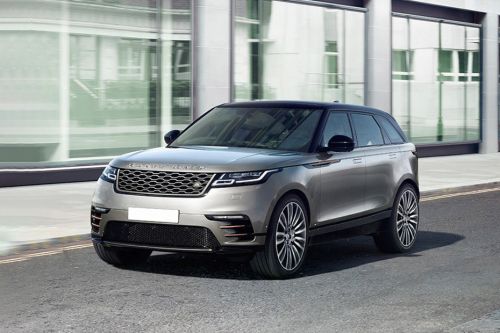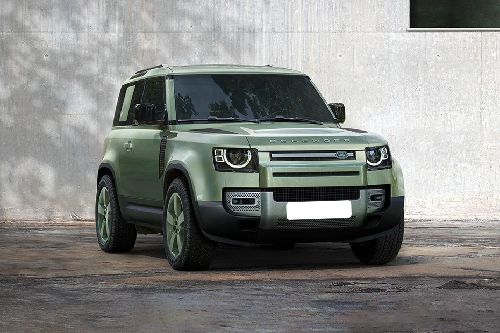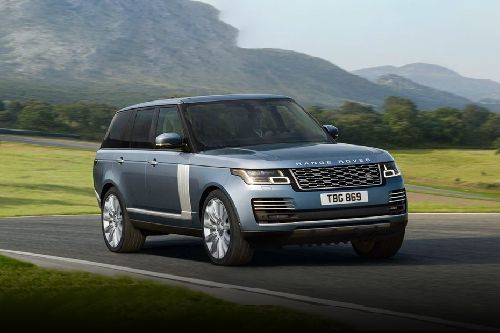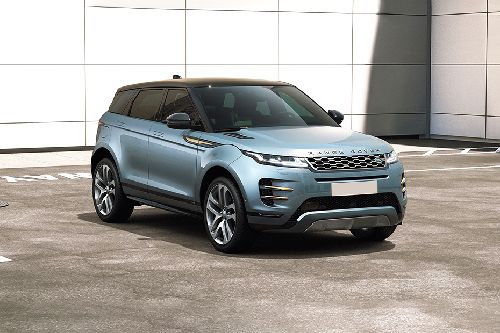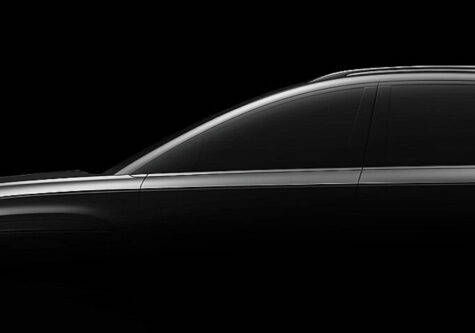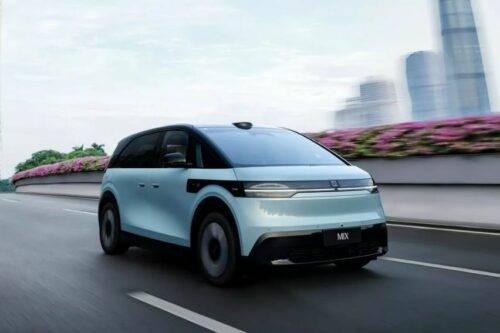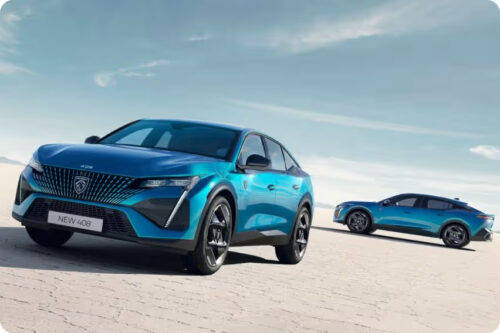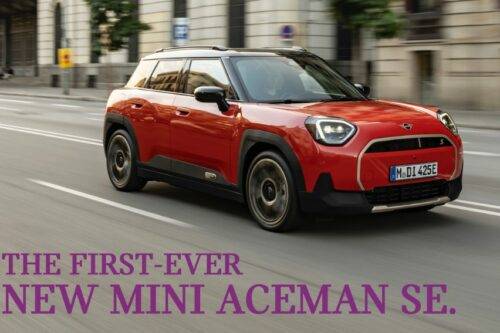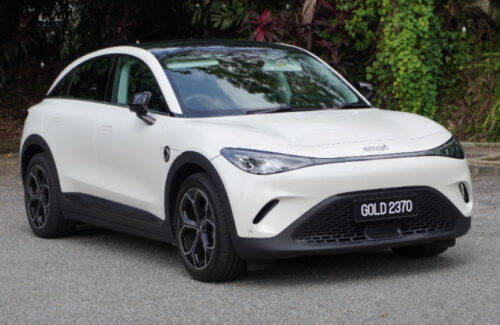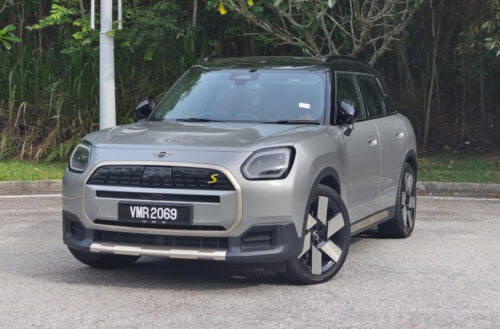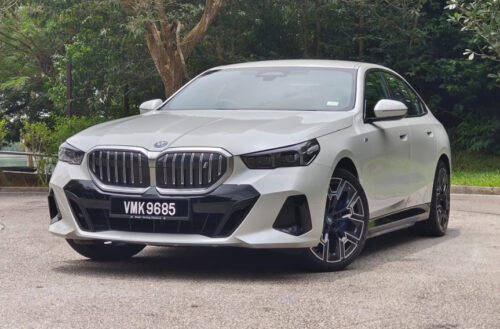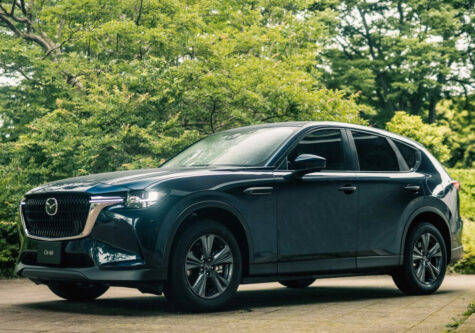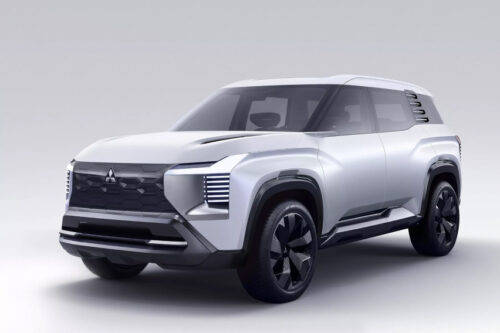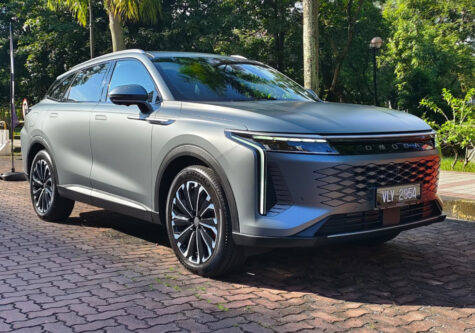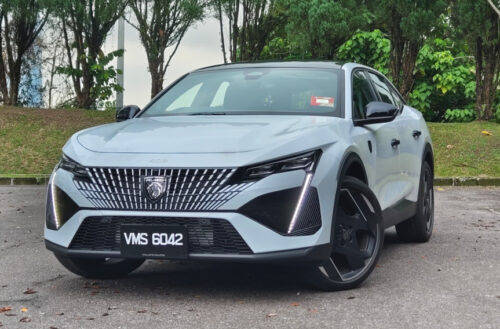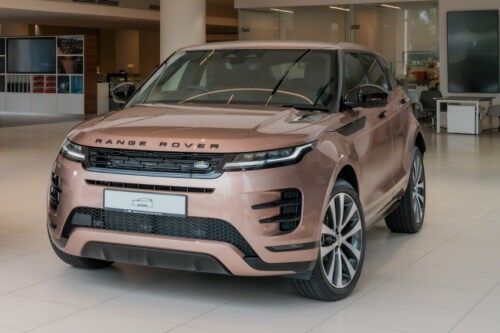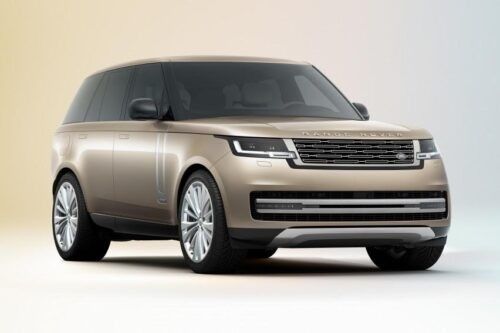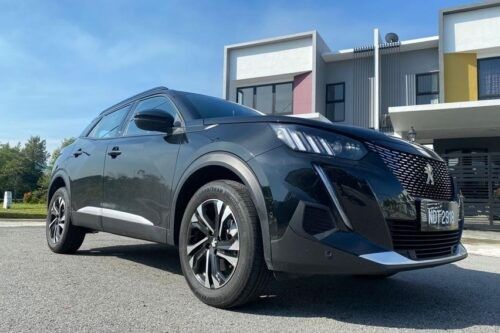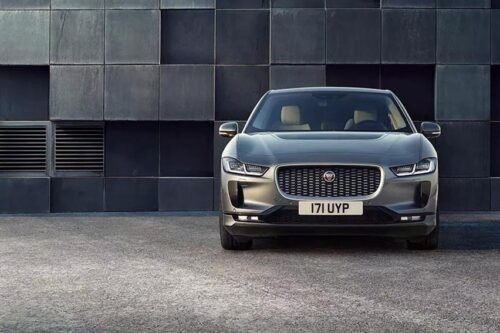Jaguar Land Rover revealed a contactless touchscreen to limit the spread of viruses
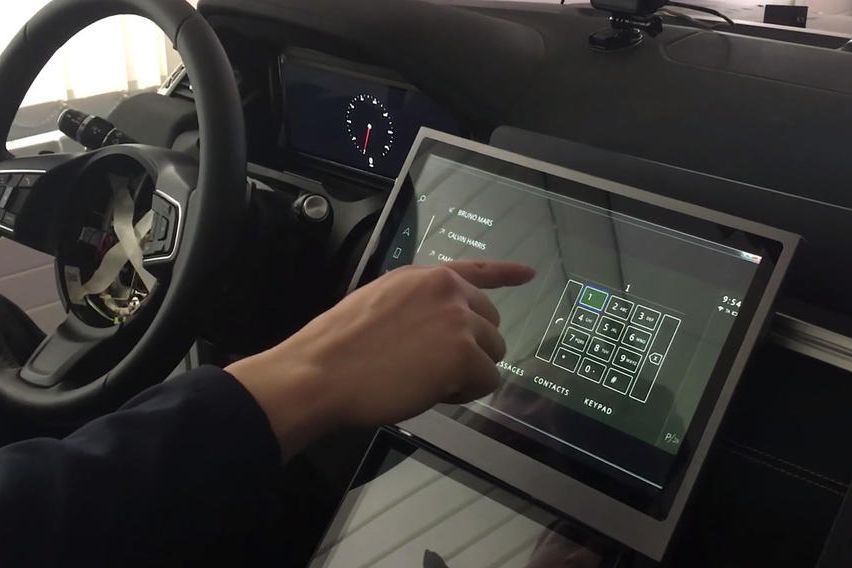
KUALA LUMPUR: In the new normal era, a greater emphasis is placed on safe, clean mobility where personal space and hygiene carry premiums. These days, all the latest cars are equipped with touchscreen displays, but this breakthrough technology can now put someone's life in danger.
To address this, the car giant Jaguar Land Rover developed a new contactless touchscreen technology to reduce the spread of bacteria and viruses in a post-COVID-19 world.
Known as ‛predictive touch’, the patented technology uses artificial intelligence and sensors to predict the users’ intended target on the touchscreen, which could be satellite navigation, temperature controls, or entertainment settings.

Developed with the help of the University of Cambridge, the pioneering system is part of the company’s Destination Zero vision, a desire to make its vehicles safer and the environment healthier and cleaner.
The technology works by tracking users’ movements with the help of vision-based or radio frequency-based sensors. It combines information like user profile, interface design, and environmental conditions with data available from other sensors, like an eye-gaze tracker, to infer the users’ intent.
According to the lab-tests and on-road trials, the predictive touch technology can reduce a driver’s touchscreen interaction time and effort by up to 50% and limit the spread of viruses. Moreover, the drivers find it difficult to press the touchscreen features while driving on uneven roads, so the technology will help them keep their focus on the way while operating the functions of the touchscreen.
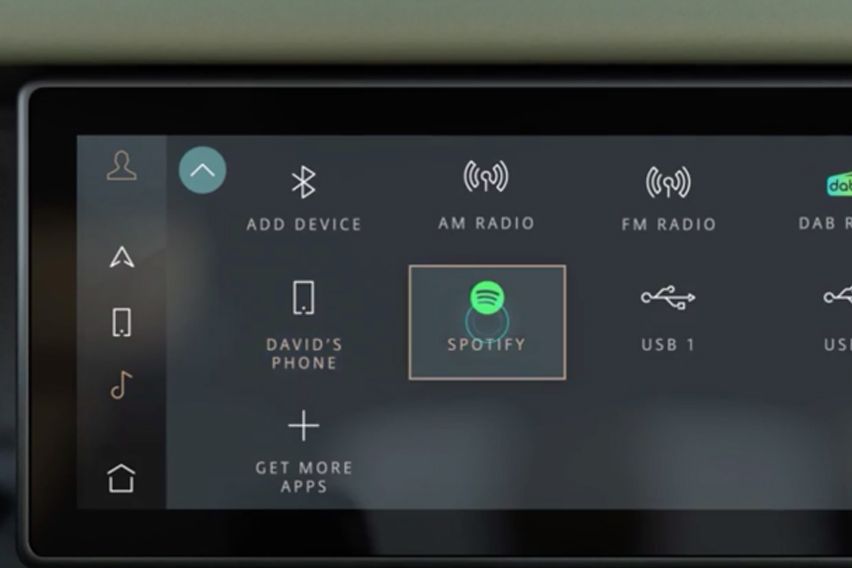
“As countries around the world exit lockdown, we notice how many everyday consumer transactions are conducted using touchscreens: railway or cinema tickets, ATMs, airport check-ins and supermarket self-service checkouts, as well as many industrial and manufacturing applications,” said Lee Skrypchuk, human-machine interface technical specialist at JLR.
The predictive touch technology eliminates the need to touch an interactive display and could, therefore, reduce the risk of spreading bacteria or viruses on surfaces, he added.
University of Cambridge engineering professor Simon Godsill added, “Touchscreens and other interactive displays are something most people use multiple times per day, but they can be difficult to use while in motion, whether that’s driving a car or changing the music on your phone while you’re running. We also know that certain pathogens can be transmitted via surfaces, so this technology could help reduce the risk for that type of transmission.”
Also read: Next-gen Range Rover spotted in an online video - real deal or a lie?
Sell your car at the best price
 Verified and genuine buyers
Verified and genuine buyers
Land Rover Car Models
- Latest
- Popular
You might also be interested in
- News
- Featured Stories
- Latest
- Popular
Latest Land Rover Car Videos on Zigwheels



